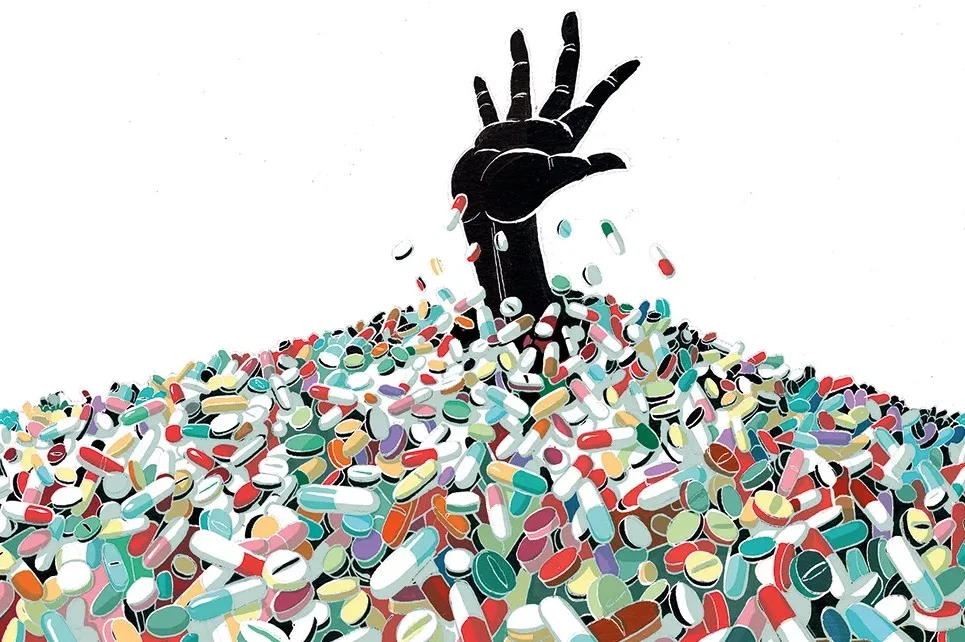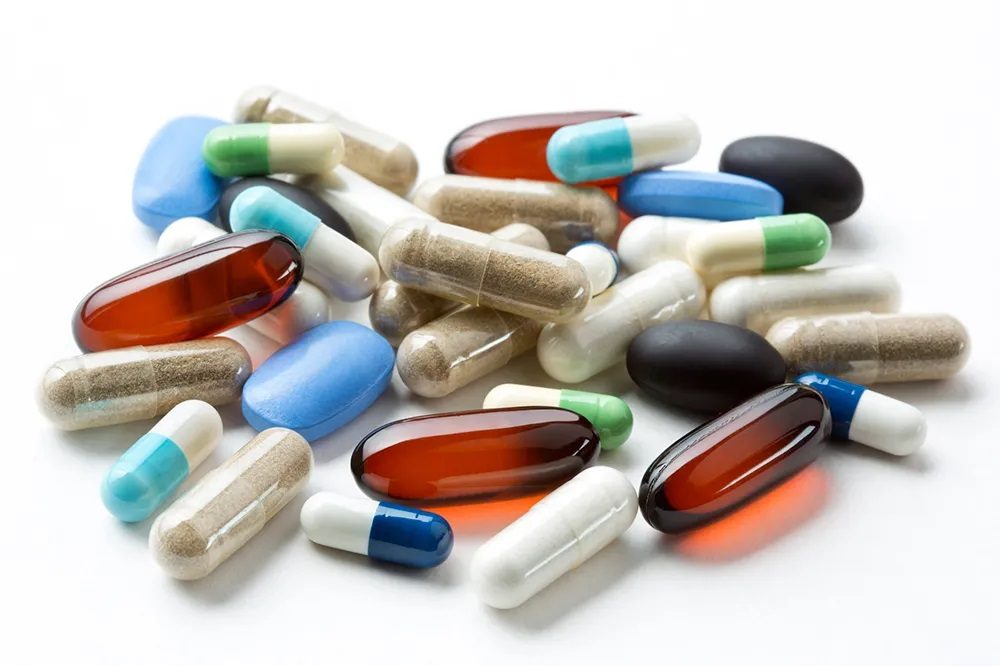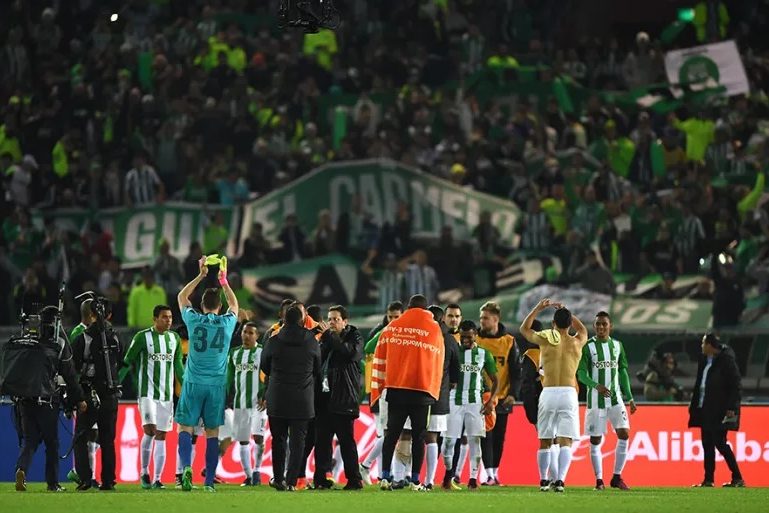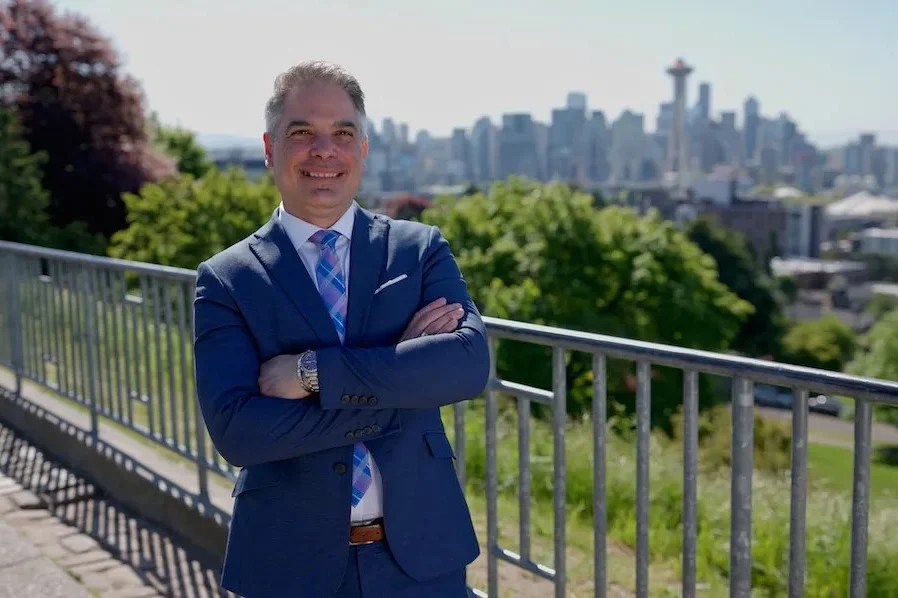The soccer player Dele Alli was applauded recently after he spoke of his sleeping pill abuse. “It’s a problem not only I have. It’s going around more than people realize in soccer,” he said during a filmed interview with Manchester United’s former captain Gary Neville.
It’s not the first time we’ve heard this. Soccer players are “taking too many sleeping tablets and painkillers” and addiction is becoming a “big issue,” former pro Ryan Cresswell warned last year. (He said his own addiction left him “gripping on for dear life.”) He claimed the problem is affecting stars at the very top level: “For me, it started with one after every game… to one a day to two a day and then I knew I was addicted.” Former Liverpool goalkeeper Chris Kirkland also revealed his addiction battle earlier this year and warned that many players were hooked on painkillers. He confronted his own problem in 2016, but relapsed during lockdown.
During his interview with Alli, Neville sympathetically admitted it was “not unusual” to be offered sleeping tablets during his playing career (he retired in 2011): “You’d be offered one the night before the game, always, because a player might not sleep because of the build-up and the adrenaline, and also sometimes after a game.”
The problem is growing. In 2020, the Professional Footballers’ Association released the concerning results of a survey of mental health problems in the game. Nine percent of respondents were experiencing difficulties with damaging addictive habits. “[It’s] much wider than people realize,” Oxford United’s former psychotherapist Gary Bloom told the BBC earlier this month.
When you look at the lives of professional soccer players, is it any wonder they sometimes come unstuck? They have usually been focused on the game since childhood, sacrificing much of their social and personal lives, before being thrust into the limelight, often while barely adults. This places them under incredible strain; it’s no surprise that some aren’t equipped to deal with the pressure, wealth and fame.
Leaving school early means soccer players often lack informal support networks and groups of friends outside the sport. The training regimes are relentless; the expectations immense. Whereas nearly half of professional cricketers and rugby players went to private or grammar school, 90 percent of professional soccer players are state-educated. They are also — more than in any other elite sport in Britain — likely to be from the lowest socioeconomic groups. With this comes higher rates of substance misuse, violence, trauma and abuse. Alli discussed this when he shared details from his childhood: he was molested as a child by a friend of his mother and forced to deal drugs.
Of course, this isn’t all soccer players. Being poor or leaving school early doesn’t mean struggle must follow. But it’s telling that, despite repeated warnings of the problems, there’s been no real outcry, no public condemnation of the authorities for not doing more to tackle the issues, no public outpouring of sympathy that could result in any meaningful change.
It’s hardly surprising that, for some soccer players, the body and mind are whipped up into such a fervor that they struggle to relax before and after playing. Imagine the build-up to a match, the roar of the crowds, the rush of adrenaline. Then it’s finished, and they are expected to go home, put their feet up and doze off, despite the stress hormones still coursing through their veins.
As a psychiatrist, I’ve seen this issue first-hand. I’ve had patients who were actors with the same problem — they build up to a performance, the intense focus, the audience cheers and claps. Then they go back to the silence of their homes, the lights off. But their minds are still in a whir. Who wouldn’t reach for a stiff drink or three, or a sedative? A cup of chamomile tea doesn’t cut it. The peaks are too high, the troughs too low.
One former patient was a star tennis player and they, too, told me of the immense pressure leading to an addiction to sleeping pills. The constant tournaments, touring, different time zones, pressure from sponsors and so on. How do you turn off? How do you get a good night’s sleep before a match?
We’ve all had the night before an exam when we can’t sleep. Or the buzz after doing a presentation when you go home but can’t switch off. Imagine that constantly. Isn’t sleeping pill addiction a response to a world that is never quiet? Then there is the under-reported issue of cocaine use among soccer players. Sleeping pills, after all, are often used to recover and come down after partying.
Getting hooked on sleeping pills and painkillers is not only the preserve of people in the public eye. There’s also a silent epidemic going on in society. In February, National Health Service data showed a record one million people in the UK are prescribed insomnia medication each year. The pandemic also caused a particularly noticeable rise in sleeping pill use among the young.
Years ago doctors dished out Valium and other benzodiazepines (“mother’s little helpers” as they were cruelly dubbed) to the worried well and not-so-well. They were sold as a panacea for everything, but the reality turned out to be a horror show. They are highly addictive: I’ve often sat in front of former addicts who have said they are far harder to get off than heroin. Many people refer to detoxing from them as a “die-tox” because the symptoms — such as insomnia, violent shaking, sweating, hallucinations, crippling anxiety and panic attacks — are that bad. In a tragic twist, when people stop taking them, their initial anxiety typically returns but far worse, a term called “rebound anxiety.” This worsened anxiety can then become permanent.
Benzo drugs have been gradually replaced by Z-drugs (such as Zopiclone) that at first seem to offer a perfect night’s sleep without the downsides. However, they can be just as addictive and potentially harmful. Despite these pitfalls being known, it hasn’t stopped their popularity: two in every 100 adults in England were prescribed at least one Z-drug in 2021. It is these drugs that many soccer players are currently hooked on.
As well as sleeping pills and sedatives, many Britons are addicted to opiate painkillers (soccer players are particularly vulnerable to painkillers because of the wear and tear they put their bodies through and the injuries they suffer as a result).
Painkiller addiction is not a small problem. One million people in England were prescribed opioids for more than three months last year, according to the most recent NHS data. This is despite government advice warning of “an increased risk of dependence and addiction.” You only need to glance across the pond to America’s fentanyl battle to see where opioid addiction leads.
Often these drugs are prescribed as pain relief but then doctors, too stressed and pressured to conduct a medication review that might question why the patient is still taking them, give them out on repeat prescription. People with emotional or psychological difficulties find that these painkillers don’t just numb physical pain, but their emotional pain. They continue to take them but soon become physically hooked. I have spent years working in drug dependency clinics seeing first-hand the misery they cause.
To its credit, the NHS is trying to deal with the problem. Last year, the National Institute for Health Care Excellence (NICE) suggested GPs offer an app-based treatment for insomnia in place of sleeping pill prescriptions. But there are still far too many patients who are on repeat prescriptions that never get reviewed. And if they eventually are, most doctors have little experience of how effectively to detoxify patients from benzos, Z-drugs or painkillers. They go far too fast, the patients start to experience withdrawal and either change doctors or buy the drugs from the black market, internet or private sector.
Part of the problem that’s specific to soccer players, I suspect, is the vast amount of money in the game. Soccer players have the means to access private healthcare, where doctors are more likely to hand over prescriptions to the paying punters. NHS doctors are generally twitchier about the risk of addiction, abuse and misuse of such pills nowadays and tend to have checks and balances in place to ensure safer and more responsible prescribing.
But that doesn’t mean people don’t get around that. I’ve had a number of patients over the years who have confided in me that their GP became concerned about their overuse of these kinds of medications, so they simply went private with no questions asked. A saunter down Harley Street and you can almost always find someone who will give you what you want — for a price.
Other professions that have uncovered problems have tackled them head-on. Vets used to have very high addiction and suicide rates and a number of their professional bodies have worked tirelessly to understand and address this. The construction industry has done the same. Yet little is being done to address the issue soccer players are facing, despite so many players speaking out about the epidemic of addiction and misery.
It’s not as if the professional sporting bodies are poor. Where are all those high up in the industry who surely have a duty of care to these young men? Can they not spare any time to glance up from their balance sheets and profit reports to see what’s going on? There’s something rather tragic at the heart of the beautiful game.
This article was originally published in The Spectator’s UK magazine. Subscribe to the World edition here.

























